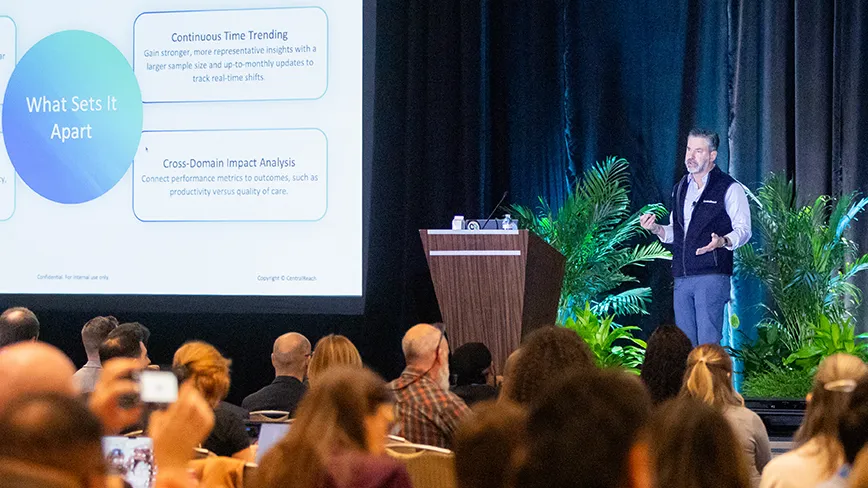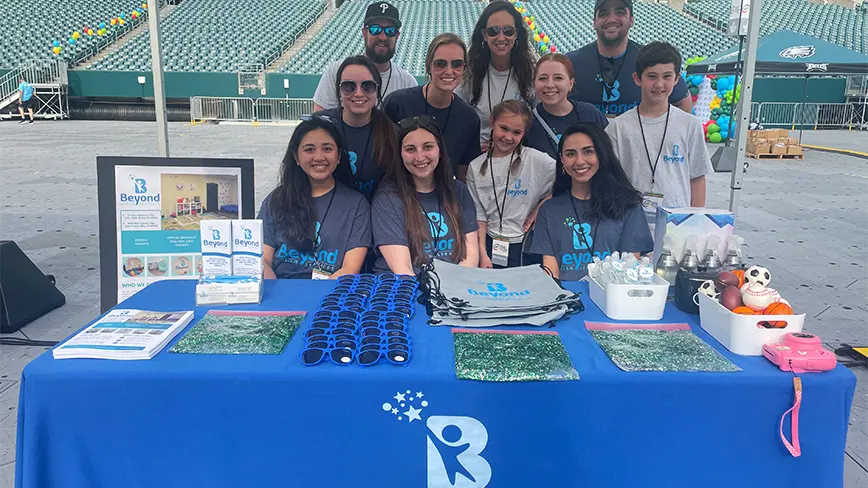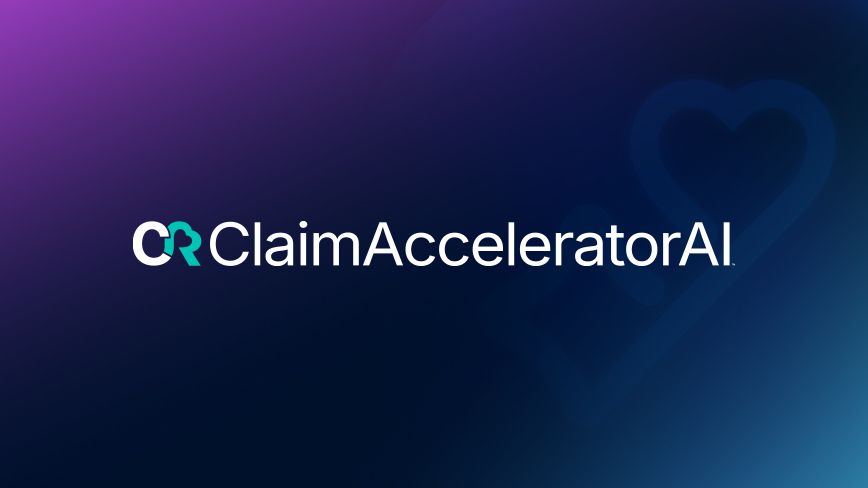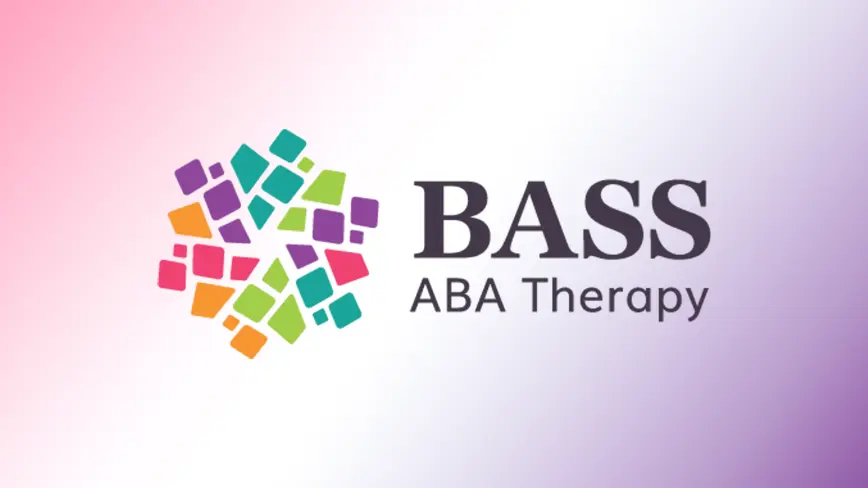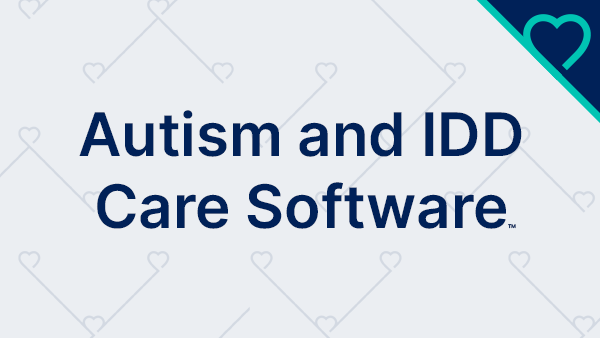Working in special education is no easy task. There is a great responsibility on special educators to meet the diverse and complex needs of their students. Students with autism and other intellectual and developmental disabilities (IDD) require immense dedication, expertise, and creativity to support positive outcomes within the classroom and beyond. To ensure high-quality support, educators must stay informed about the latest developments and best practices in special education. CentralReach, a leader in providing ABA and special education services and software, aims to offer valuable resources to help educators navigate the challenges associated with keeping up with best practices.

Understanding ABA in Special Education
Applied Behavior Analysis (ABA) is a scientific approach to understanding and modifying behaviors. The goal of ABA is to teach skills and behaviors that allow the learner to enhance their quality of life. While ABA has historically been offered in homes and clinics, it has grown increasingly common in schools, specifically within special education. As special education has grown to 15% of the public school population, ABA professionals have become essential for addressing the unique needs of individuals with autism and related developmental disorders (National Center for Education Statistics, 2023).
ABA is highly effective in promoting skill acquisition, managing behaviors, and enhancing social communication with children with diverse learning needs. There are a wide range of principles and methodologies used within ABA, including:
- Reinforcement
- Shaping
- Chaining
- Prompting and prompt fading
- Generalization
- Natural Environment Teaching (NET)
- Discrete Trial Training (DTT)
ABA principles can be seamlessly integrated into evidence-based practices and strategies in special education. This integration supports educators in driving the best possible outcomes for their learners.

Exploring Special Education Software
Technology plays a key role in ABA and special education. Specialized software solutions are increasingly becoming vital tools for educators, therapists, administrators, and caregivers. Special education software can streamline numerous aspects of special education services, from special education assessment to IEP creation, data collection, and progress monitoring. By integrating technology into special education classrooms, IEP teams can enhance the quality and efficiency of their work, improving outcomes for both the students and educators.
The features and functionalities of special education software can include:
- Assessments–Comprehensive assessment options with automated scoring and reporting functions to identify areas of lagging skills and inform goal development.
- Data collection–Digital tracking of goals and behaviors to ensure compliance with IEP requirements and measure progress.
- Progress monitoring–With automated graphs and robust reporting, educators can take a data-driven approach to progress monitoring, allowing them to support more rapid progress.
- Individualized Education Program (IEP) management–Integration of IEPs and data collection systems allows for increased visibility, ensuring that student’s individualized goals are at the forefront of daily learning.
- Collaboration tools–IEP teams can foster collaboration through shared data collection and reporting, secure messaging, file uploads, and more.
CentralReach’s innovative suite of ABA and special education software is tailored to meet the unique needs of students, educators, and administrators within special education programs. CentralReach’s FERPA-compliant platform enables IEP teams to measurably improve outcomes within a single system.

Engaging in Special Education Assessment
Ongoing assessments are critical components of effective special education programs. Assessments are necessary to inform goal development, intervention, and instructional planning. They also offer a baseline to measure progress against.
Special educators use assessments in initial IEP evaluations, annual re-evaluations, and throughout the year. They may use a combination of the following types of assessments.
Standardized assessments measure a student’s performance against a specific standard or benchmark. There are many types of standardized assessments used in educational settings, including common core state testing, like the STAR test. While standardized tests hold value, they can be challenging for students with disabilities.
Strategies for Staying Up-to-Date
Staying current with best practices in special education can be challenging amidst the many other responsibilities educators must balance. However, continuous professional development is vital for providing high-quality education and adequately supporting those with diverse learning needs. Consider the following strategies for staying up to date.
- Attend conferences. Locate conferences in your area that offer an opportunity to hear from experts and network with other special education professionals.
- Enroll in online continuing education. Online continuing education courses offer increased flexibility, allowing educators to learn on their schedule.
- Join professional associations. Membership in organizations such as the National Association of Special Education Teachers (NASET) and the Council for Exceptional Children provides special educators with access to resources, professional development, learning opportunities, support, and more.
- Participate in online communities. Many online communities allow educators to connect with peers, discuss challenges, and gain insight into new developments.
- Review research. Keep up with special education literature by reviewing peer-reviewed research. Browse publications such as the Journal of Special Education (JSE) and the Journal of the American Academy of Special Education Professionals (JAASEP). Most professional associations offer access to research journals.
Building a network of colleagues and mentors in the field is essential for professional development and staying informed about emerging trends and best practices in special education.
Posted in Education, Special Education
You may also like...
Related information and stories
What Resources Are Available to Support Teachers Working with Students with IEPs?
Special education teachers work with students with diverse learning needs. To effectively meet these diverse needs, educators must be provided with resources that streamline their tasks to enhance learning and…
What is the Difference Between IEP and 504?
Individualized Education Programs (IEPs) and 504 Plans are two distinct programs that allow students with disabilities to receive the support needed to thrive in school. These individualized plans are designed…
What Are the Best Autism Spectrum Disorder Assessment Tools?
Research-backed autism spectrum disorder assessment tools are vital for accurately diagnosing and understanding the unique needs of individuals with autism spectrum disorder (ASD). These tools guide clinicians in developing individualized…
